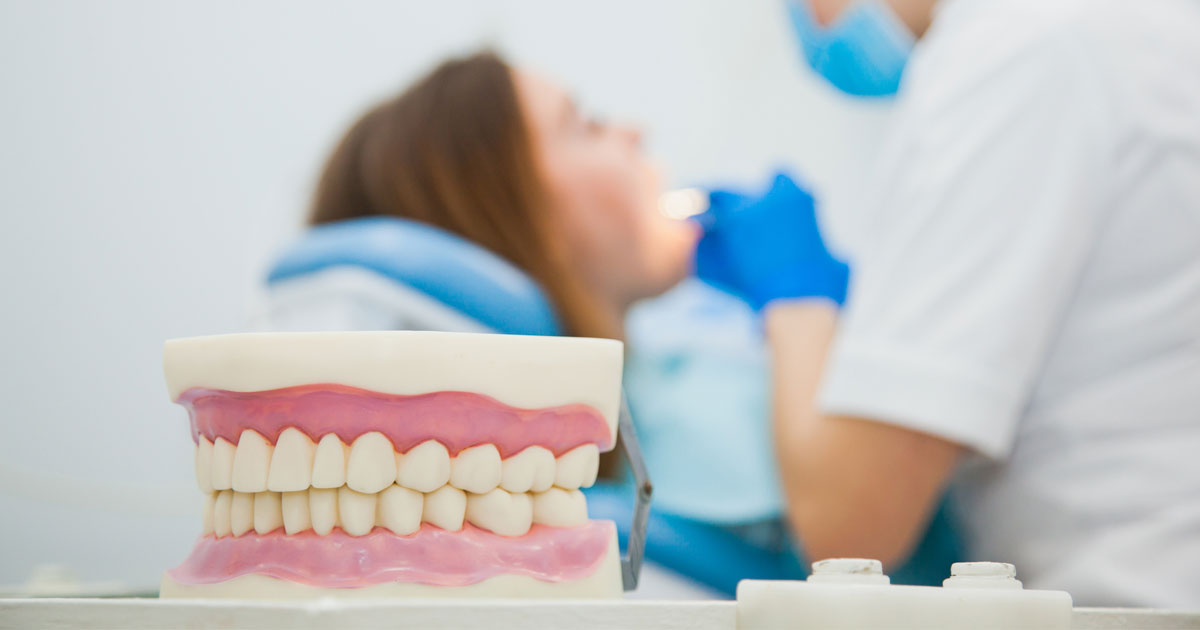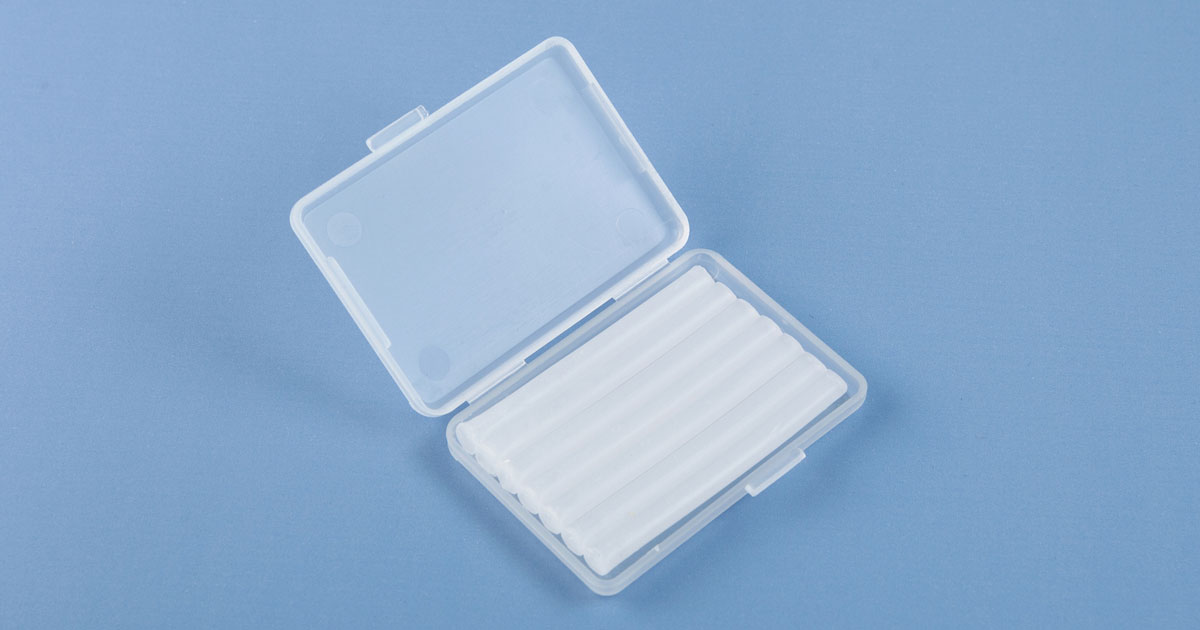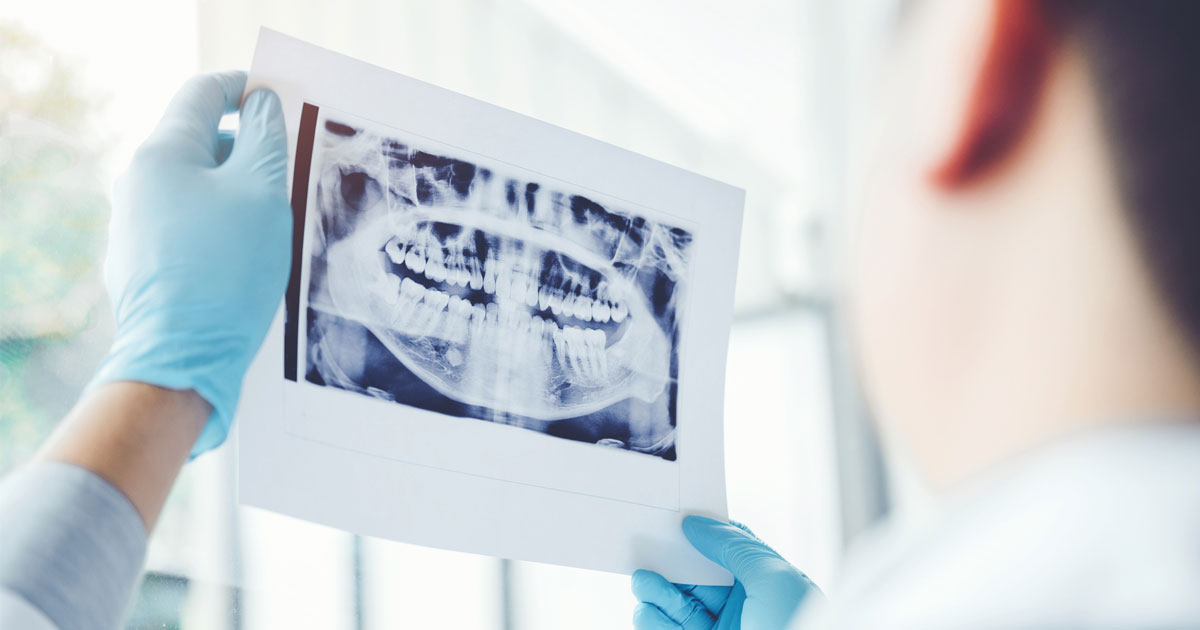Wearing braces is a responsibility that requires regular care and maintenance. Proper braces care ensures they function properly to move your teeth into position and improve your bite, keeping your teeth and gums healthy. However, certain situations can arise that require emergency care.
What Is an Orthodontic Emergency?

Broken or Loose Brackets
If a bracket breaks or becomes loose, contact your orthodontist immediately. Depending on the severity of the issue, your orthodontist may need to see you right away. Your orthodontist may also recommend scheduling an appointment for a later time.
Poking Wires
If a wire is poking or rubbing against your cheeks or gums, use orthodontic wax to cover the wire until you can see your orthodontist. If the wire is causing significant pain or discomfort, contact your orthodontist to schedule an emergency appointment. Damage to the interior of your mouth can be an issue your orthodontist will want to rectify right away.
Lost or Broken Retainer
If you lose or break your retainer, contact your orthodontist to schedule a replacement as soon as possible. Going more than a few days without a retainer can cause your teeth to shift back into their original positions, especially if you recently had your braces removed. As your teeth become established in their new position, shifting may be less likely, but you should still contact your orthodontist immediately.
Suggested Reading: I Broke/Lost My Retainer – Now What
Mouth Sores or Irritation
If you develop mouth sores or irritation as a result of your braces, rinse your mouth with warm salt water and use orthodontic wax to cover any areas that are causing discomfort. If the irritation persists, contact your orthodontist for advice. This may not be an emergency, but your orthodontist should know about any discomfort.
Trauma to the Mouth or Face
If you experience trauma to your mouth or face, such as a blow to the mouth or a fall, an emergency room or urgent care visit is likely necessary first. Then, contact your orthodontist or dentist right away. They can examine your mouth and teeth to make sure there is no damage to your braces or teeth.
In general, if you experience any issue affecting your braces or experience discomfort at any time, contact your orthodontist. They can provide guidance for managing the situation and schedule an appointment if necessary.
Dealing with Discomfort from Wearing Braces

Experiencing pain or discomfort is a common side effect of getting braces. However, if the pain is unbearable, contact your orthodontist to schedule an examination. In the meantime, there are several ways to manage and alleviate the pain.
Here are some tips:
- Rinse with Salt Water – Rinsing your mouth with warm salt water can help reduce inflammation and alleviate pain.
- Apply a Cold Compress – Using a cold compress on your cheeks can help reduce pain and swelling. You can use an ice pack or a package of frozen vegetables (peas or corn work best) wrapped in a towel.
- Take Pain Relievers – Over-the-counter pain relievers such as ibuprofen or acetaminophen can help reduce pain and inflammation. Always follow the recommended dosage on the packaging.
- Eat Soft Foods – Stick to soft foods that are easy to chew, such as soup, yogurt, mashed potatoes, and smoothies. Avoid hard, crunchy, or sticky foods that can aggravate the issue and cause more pain.
- Use Orthodontic Wax – Apply orthodontic wax to any areas of your braces that are rubbing against your cheeks or lips and causing discomfort.
- Practice Good Oral Hygiene – Keep your teeth and braces clean by brushing and flossing regularly. A clean mouth will be less prone to pain and discomfort.
- Talk to Your Orthodontist – As mentioned, if the pain is unbearable or persists for an extended period, contact your orthodontist. They can examine your braces and make any necessary adjustments to reduce the discomfort.
Suggested Reading: How Often Should You Floss?
How to Address Orthodontic Emergencies
Handling orthodontic emergencies involves taking immediate action to alleviate pain, discomfort, or damage to the braces, as well as contacting your orthodontist for advice or an appointment.
Here are the steps to follow in case of an orthodontic emergency:
- Contact Your Orthodontist – If you experience an orthodontic emergency, call your orthodontist’s office as soon as possible. Explain the situation and ask if you need to come in for an emergency appointment.
- Follow Any Instructions Provided – Your orthodontist may provide instructions on how to temporarily fix the issue until your appointment. Follow their advice carefully to prevent further damage or discomfort.
- Alleviate Pain and Discomfort – Use pain relievers or ice packs to alleviate any pain or discomfort caused by the emergency. You can also rinse your mouth with salt water or apply orthodontic wax to any areas that are causing irritation.
- Protect Your Braces – If your braces are damaged or broken, try to avoid further damage by avoiding hard, crunchy, or sticky foods. Stick to soft foods that are easy to chew.
- Keep Your Braces Clean – Maintaining good oral hygiene is crucial during orthodontic emergencies. Brush and floss regularly to prevent plaque buildup and infection.
- Attend Your Emergency Appointment – If your orthodontist schedules an emergency appointment, be sure to attend it promptly and follow any instructions they have for you in the meantime. They will examine your braces and make any necessary repairs or adjustments to prevent further damage or discomfort.
Remember, orthodontic emergencies can happen at any time. The key is to remain calm and contact your orthodontist as soon as possible. They are there to help you and will provide guidance on how to manage the situation until you can receive proper treatment.
How to Avoid an Orthodontic Emergency
Although emergencies are not always avoidable, there are tips you can follow to avoid experiencing an orthodontic emergency.
- Practice good oral hygiene – Brush and floss at least twice per day to keep your teeth and gums healthy. Good oral hygiene can help prevent cavities and gum disease, which can compromise the health of your teeth and gums and increase the risk of orthodontic emergencies.
- Avoid hard, sticky, or chewy foods – These types of foods can damage or dislodge your braces, which can cause pain and delay your treatment progress. Stick to soft foods that are easy to chew and won’t put excessive pressure on your braces.
- Wear a mouthguard when playing sports – If you play contact sports, it’s important to wear a mouthguard to protect your teeth and braces from impact. Your orthodontist can provide you with a custom-fitted mouthguard that will provide optimal protection and comfort.
- Follow your orthodontist’s instructions – Your orthodontist will provide you with instructions on how to care for your braces and what to do in case of an emergency. It’s important to follow these instructions closely to avoid complications and keep your treatment on track.
- Attend regular orthodontic appointments – Regular appointments with your orthodontist will allow them to monitor your progress and make any necessary adjustments to your treatment. This can help prevent issues such as broken brackets or wires, which can cause pain and delay your treatment progress.
Orthodontic Braces: Emergency FAQs

While braces emergencies don’t happen often, we are accustomed to questions about braces emergencies. Here are the most common.
Robison Orthodontics for Emergency Care

If you are potentially facing a braces-related dental emergency, it is important to stay calm, call your orthodontist and follow their instructions. However, you’ll first need to know if you’re really facing a situation that needs to be rectified immediately. Contact Robison in the event of an orthodontic emergency or if you’re in need of assistance and direction as to what to do next. We’re happy to help any way we can!

Dr. Tyler Robison is an alum of Mesa’s Mountain View High School. He graduated from Brigham Young University before being accepted to the “Top Ten-nationally ranked” University of Louisville in Kentucky, where he earned his Doctorate in Dental Medicine and a Master’s Degree in Oral Biology. He graduated with honors in the top ten percent of his class. Dr. Robison continued at the University of the Pacific in San Francisco, where he received a second master’s degree in dental science and his orthodontic certification.


